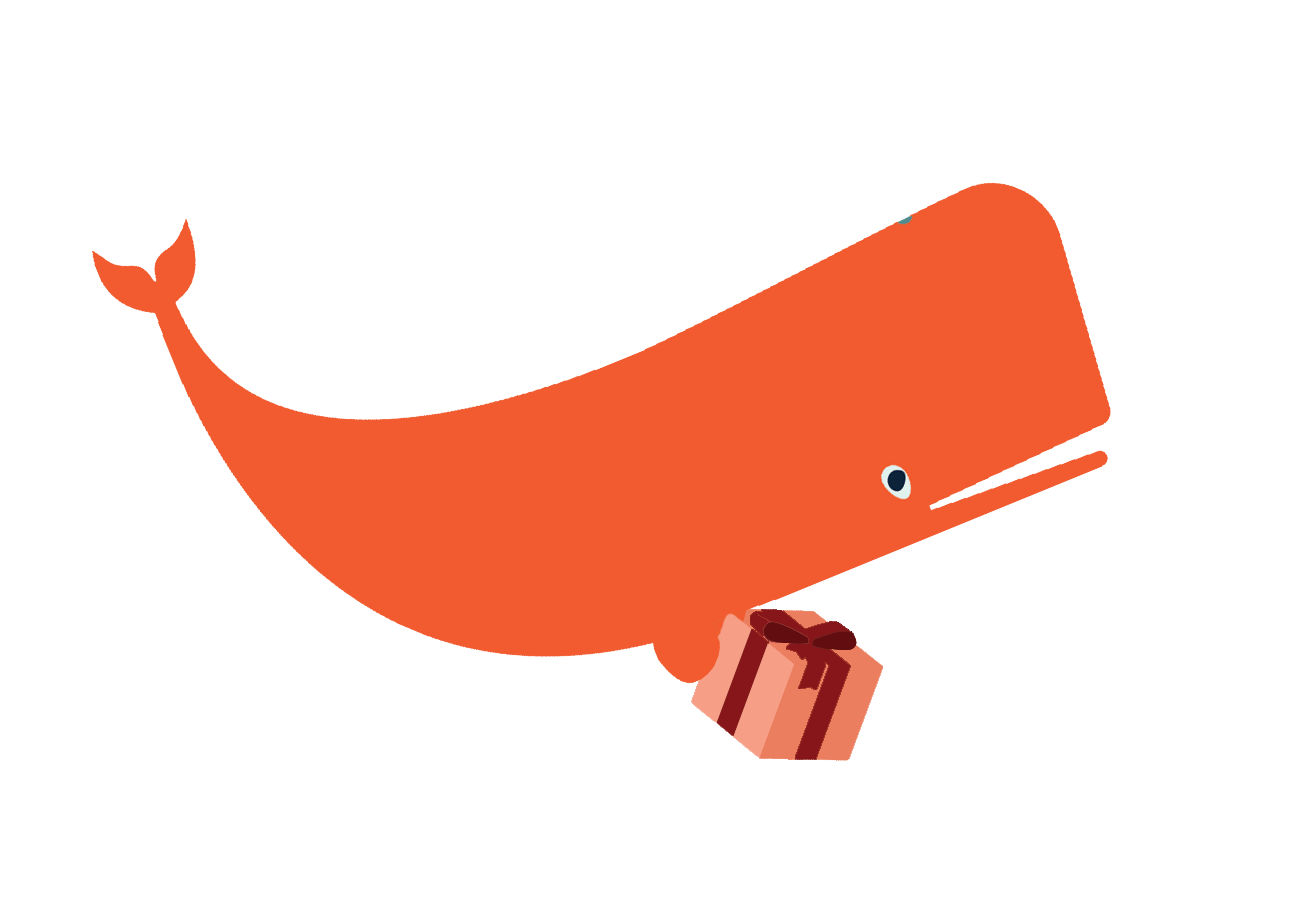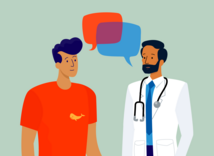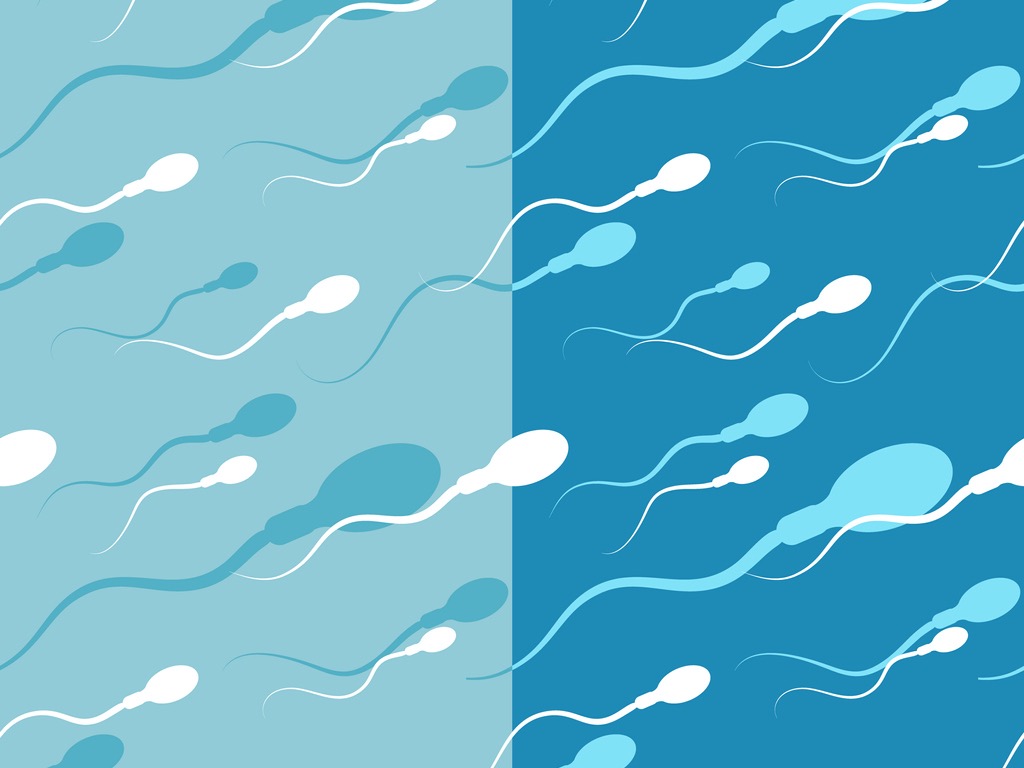Talk to your doctor about the need to use a donor or a surrogate. Ask about the success and failure rates for your specific condition, and how to find a donor or surrogate.
Counselling
- Most clinics will require you and your partner to receive counselling. The counsellor will make sure that both of you are ready for donation and/or surrogacy, and the donor/surrogate is up for the task.
Types of donation and surrogacy
- Known donation
- Known donation means that you and your partner know the person willing to donate sperm and/or eggs. This could be family members or friends who are willing to help. Look for a donor who is under 35 and healthy. It is better if this donor has already had all the children she or he wants. Make sure you are comfortable with your relationship with the donor; any pre-existing tensions can become worse during the donation process and/or after the child is born.
- Using an agency
- There are a few donor/surrogacy agencies in Canada. These agencies are sometimes connected to particular fertility clinics and can help you find an egg donor or surrogate that suits your needs.
- Some Canadian clinics have relationships with egg and sperm banks located in the US or Europe. You will purchase an egg lot (usually 6-8 eggs) or a vial of sperm directly from the egg or sperm bank and have it shipped to your clinic in Canada.
- Reproductive travel
- It is also possible to travel to another country for fertility care. Many clinics will refer their patients to a specific US clinic. Or you may find that travelling to another country will reduce your costs. Travel is more common for those using a surrogate and/or an egg donor.
- If you decide to travel for care, check that the foreign clinic follows standard medical guidelines, such as those offered by the American Society for Reproductive Medicine (ASRM) or the European Society for Human Reproduction and Embryology (ESHRE).
Testing of the donor
- All gamete donors and surrogates must have their medical history taken, be psychologically evaluated and tested for sexually transmitted infections (STIs). They may also be tested for common inheritable conditions (for example, Tay Sachs, Fragile X). Click here to learn more about Genetic testing.
Legal issues
- You should always consult a lawyer who is an expert in Canadian fertility law before pursuing donation/surrogacy in Canada or abroad. Make sure that both you and your donor and/or surrogate have separate lawyers.
- The lawyer will help you create a contract that regulates parental rights, medical liability and allowable expenses. In the case of surrogacy, this contract will also regulate your presence during obstetrical visits and the birth. The lawyer can also help you understand and evaluate any contract that local or foreign agencies ask you to sign.
- It is illegal to pay a gamete donor for their gametes or to advertise to pay a sperm or egg donor.
- It is also illegal to pay a surrogate for the use of her womb.











